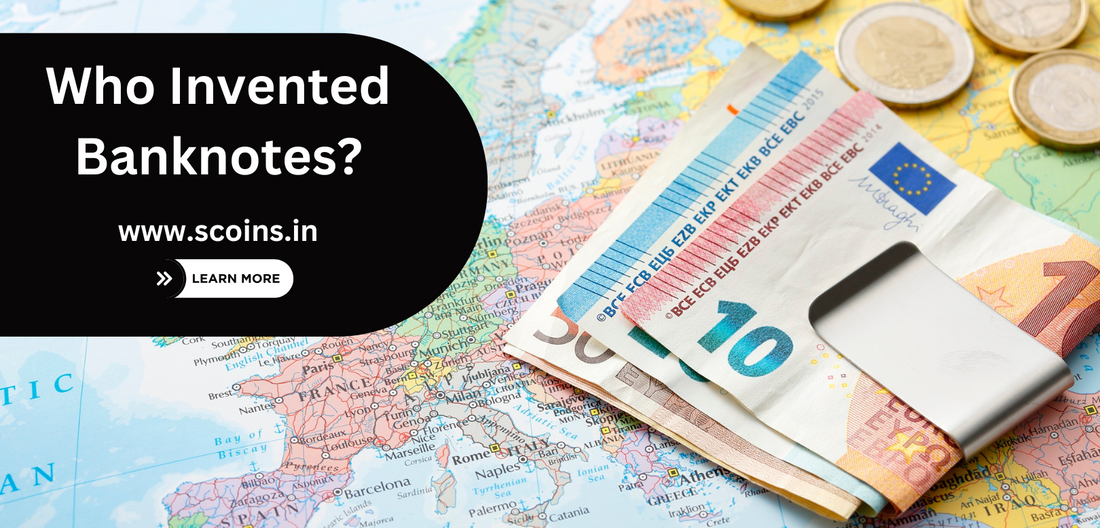
Who Invented Banknotes?
For centuries, people relied on metal coins for trade, but the invention of banknotes changed the way economies functioned forever. Today, paper money is an integral part of global finance, but do you know who invented banknotes and how they revolutionized commerce? Let’s explore the origins of paper currency and its impact on the world economy.
The world’s first banknotes were introduced in China during the Tang Dynasty (7th century AD). However, their widespread use became prominent during the Song Dynasty in the 11th century. The earliest known paper currency, known as jiaozi, was issued by merchants to facilitate large transactions, reducing the burden of carrying heavy metal coins.
The Chinese language government later took manipulate of paper money issuance, leading to the first government-backed banknotes. Marco Polo, the famous Venetian traveler, documented the use of paper currency in China at some stage in the thirteenth century, fantastic Europeans who have been still reliant on gold and silver.
The spread of Paper cash to Europe
Although China pioneered paper cash, its concept took time to attain Europe. In the 17th century, Sweden’s Stockholm's Banco issued Europe’s first banknotes in 1661. These notes served as a promise to pay the bearer in valuable metals and have become an early shape of fiat currency.
Different European countries, together with England and France, quickly adopted paper cash, leading to the formation of modern banking structures. The advent of banknotes facilitated economic enlargement, trade, and financial establishments, shaping the global economy we know today.
The Impact of Banknotes on Worldwide Trade
Banknotes performed a important function in reworking trade and commerce:
- Ease of Transactions: Paper cash eliminated the need to carry heavy metallic cash, making trade more efficient.
- Monetary Increase: The adoption of banknotes allowed for better economic management, credit structures, and investment opportunities.
- International Standardization: The evolution of currency caused the established order of countrywide critical banks, securing financial balance.
Accumulating Vintage Banknotes: A Window Into Records
For records lovers and numismatists, gathering vintage banknotes is a captivating hobby. vintage banknotes provide insights into historical economies, paintings, and cultural importance. If you're enthusiastic about gathering uncommon banknotes, test out https://scoins.in/ for an extensive series of vintage banknotes and rare currency notes.
Conclusion
The discovery of banknotes changed into a recreation-changer in monetary history. From ancient China to trendy banking structures, paper cash has appreciably prompted worldwide commerce. Understand how the records of banknotes enriches our appreciation for the economic structures we rely on nowadays.
In case you're looking to shop for or promote rare banknotes, discover https://scoins.in/ — a relied on supply for creditors and traders alike.
